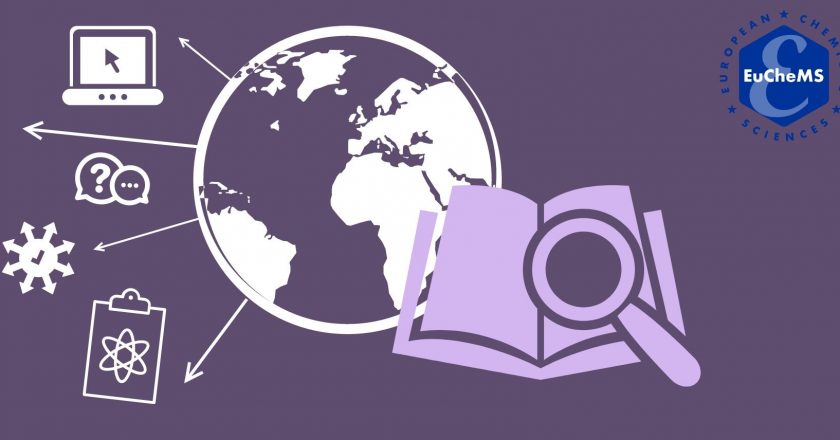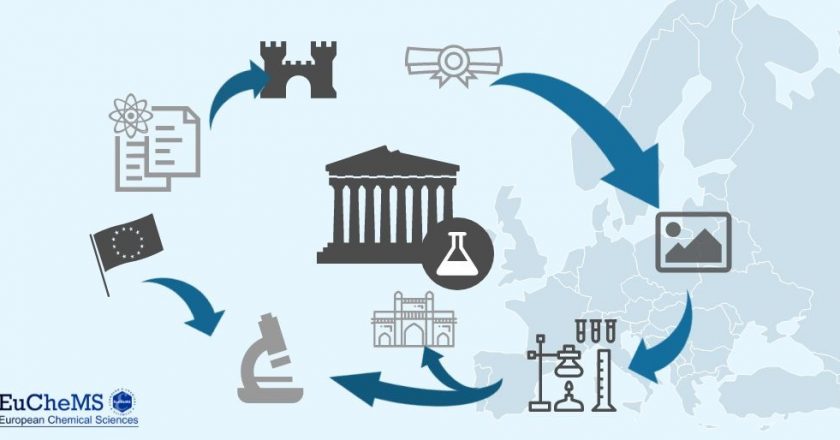EuCheMS attended the high-level conference on a strengthened cooperation between the Science and Technology in Society Forum and the EU through the framework programme Horizon Europe. Chaired by MEP Paul Rübig and MEP Jerzy Buzek, the conference saw speeches by Carlos Moedas, EU Commissioner for Research, Science and Innovation, Jean-Pierre Bourguignon, President of the European Research Council (ERC), Julie Maxton, Executive Director of the UK’s Royal Society, as well as a number of high profile ministers and CEOs from Japan and an ERC grantee.
Mr Moedas emphasised Europe’s commitment to putting science and innovation as a top priority whilst underlining that one of the key pillars to success lies in openness to the world and to international cooperation. He called on the European Parliament to take this into account with the next framework programme, declaring that the more open a country, the higher the impact of scientific findings. Whilst optimism was the order of the day, few concrete proposals were forthcoming, and it appears that any form of cooperation between the STS Forum and the EU through Horizon Europe still has some way to go – perhaps the conference can be best viewed as a simple exercise in science diplomacy.



